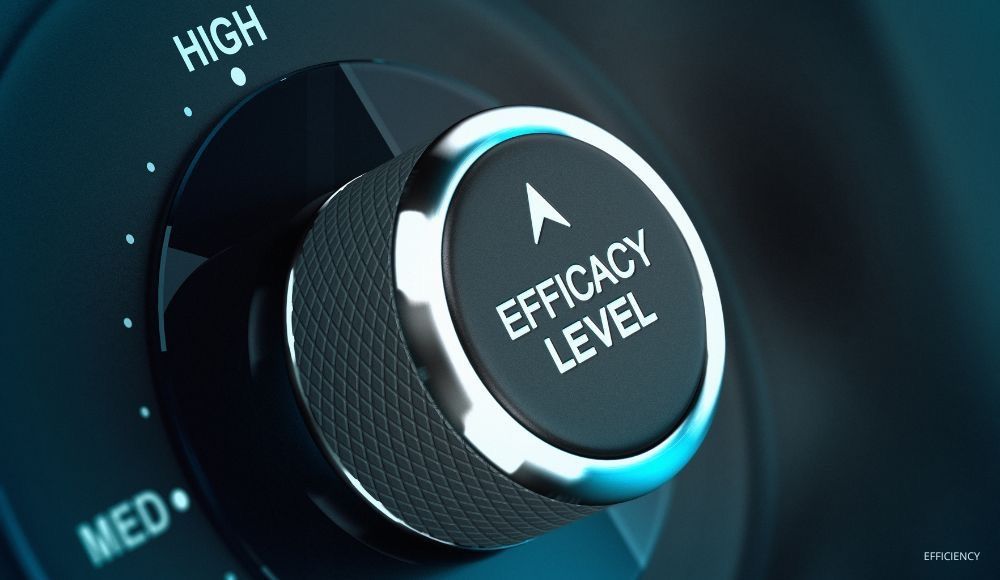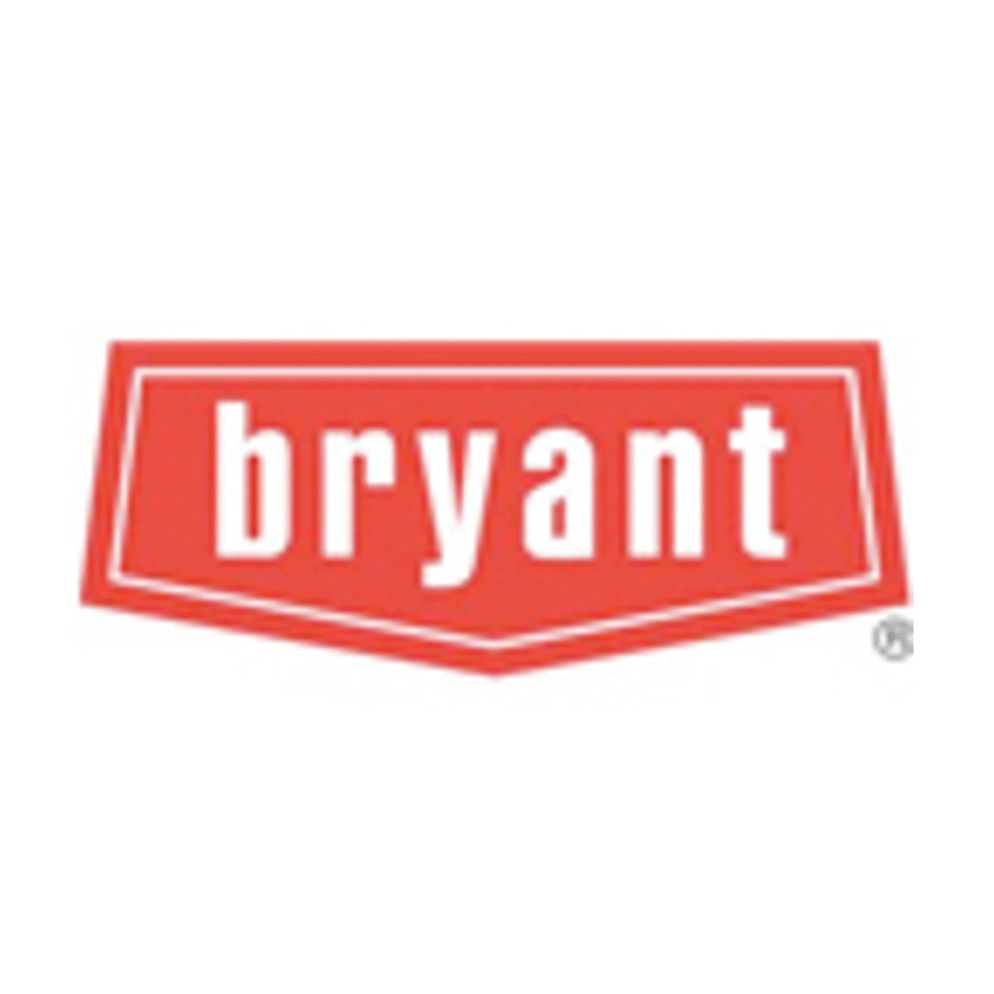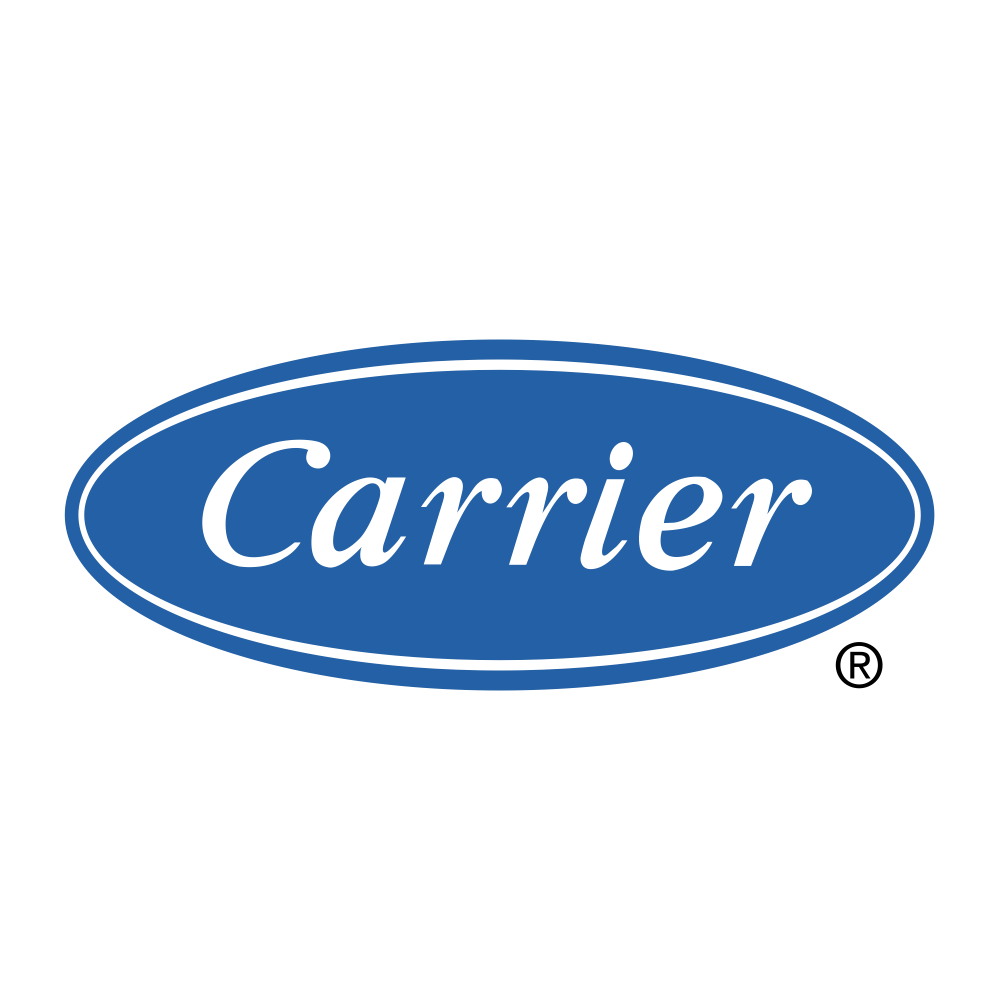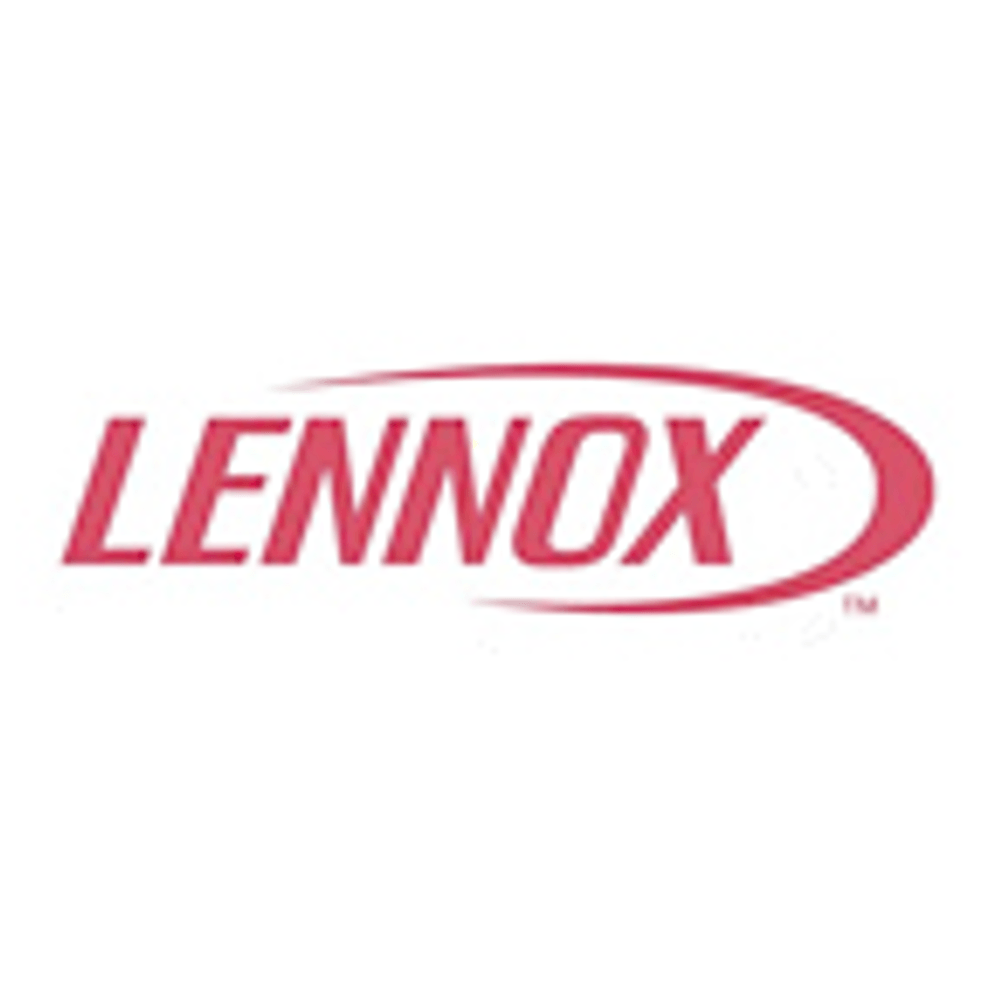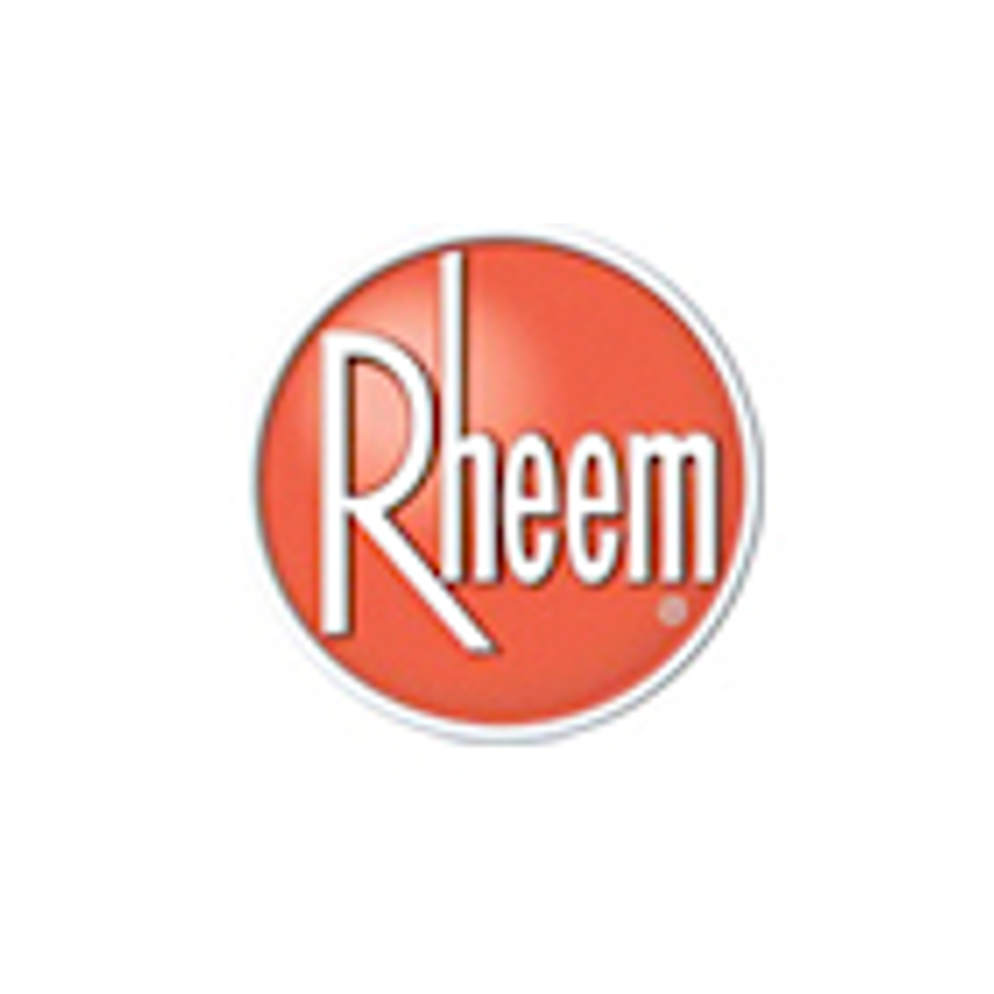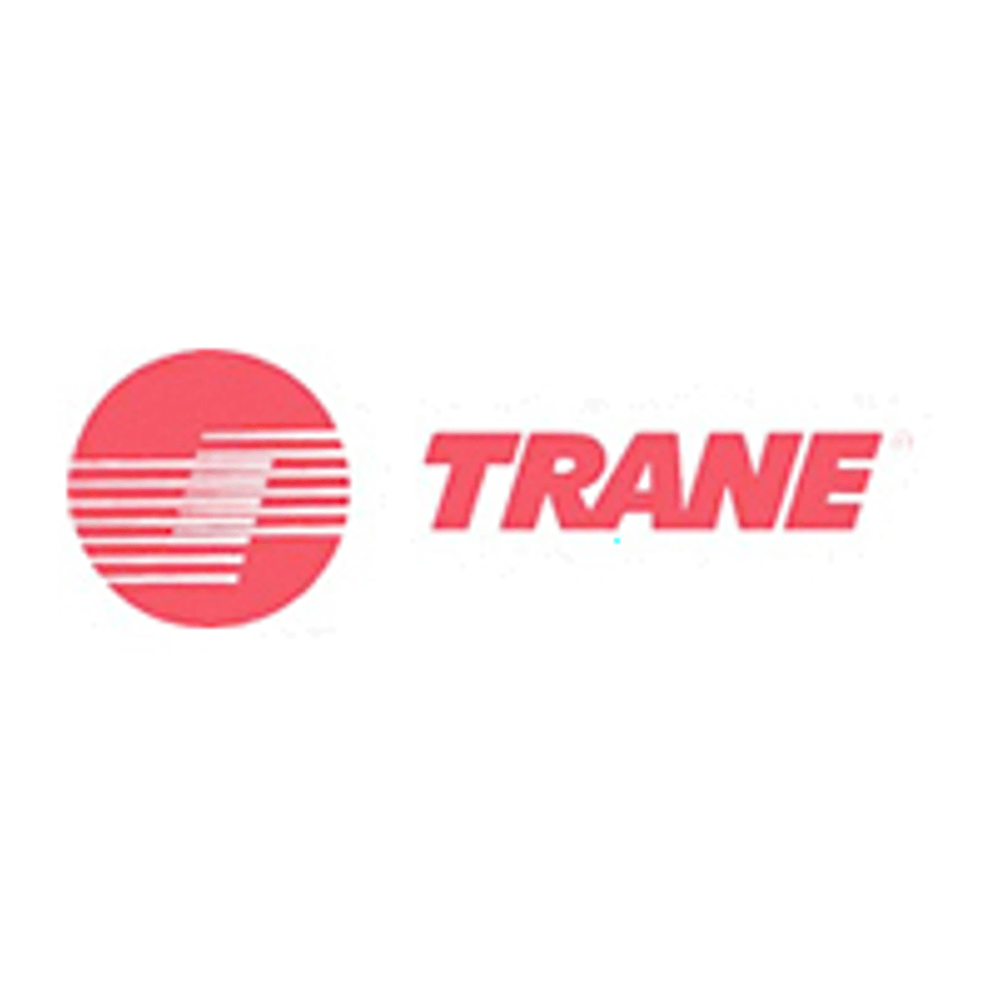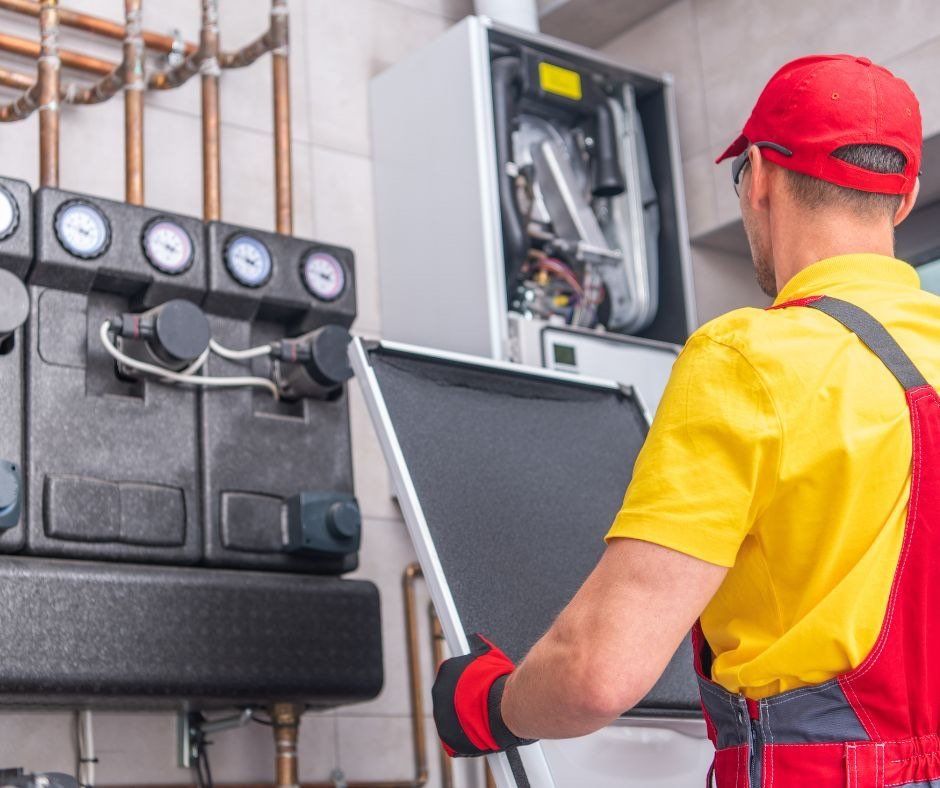10 Geothermal Heat Pump FAQs
Most people aren't as familiar with Geothermal heat pumps as traditional heating and cooling systems. Many people understand that geothermal heat pumps are more environmentally friendly and can lower heating and cooling costs, but often, that's where their knowledge ends.
Ultimate Comfort Heating & Cooling is always happy to answer any of your questions about geothermal heat pumps or traditional heating and cooling systems. Here are the questions about geothermal heat pumps we frequently hear.
1. What is Geothermal Heating and Cooling?
Geothermal heat pumps (GSHPs) - Aka ground-source, water-source, GeoExchange, or earth-coupled heat pumps - use the earth's temperature as an exchange medium rather than the outside air. Unlike air temperatures, which fluctuate significantly, ground temperatures below the frost line are relatively constant at approximately 50 degrees. A geothermal heat pump system consists of a heat pump connected to a series of buried pipes called ground loop systems. The heat pump circulates a heat-conveying fluid, such as water or an antifreeze solution, through the submerged pipes and moves heat into or out of your home/building.
2. What are the Benefits of Geothermal Heat Pumps?
Because GHPs utilize the hot water beneath the earth's surface, they offer many benefits.
- Always available
- Quieter
- Little maintenance
- A renewable source of energy
- Environmentally friendly
- Lower heating and cooling costs
3. How Much Will I Save on Heating and Cooling Costs?
"Homeowners save 30-70 percent on heating and 20-50 percent on cooling costs by using geothermal heat pumps compared to other conventional systems. This translates to roughly $400 to $1,500 annual savings," according to The Climate Reality Project. You may experience additional savings because GHPs require less maintenance and typically last longer than conventional heating and cooling systems.
4. How Quickly Will I Recoup Costs on My Geothermal Heat Pump?
Installing a geothermal heat pump is initially more expensive than a conventional system. How quickly you will recoup the cost of a geothermal heat pump installation depends on several factors, such as whether it's a new home or a retrofit, the house's size, the home's energy efficiency, etc. Typically, installation costs should be recouped in five to ten years with lower maintenance and utility bills.
5. Can I Use a Geothermal Heat Pump with My Current Heating and Cooling System?
Yes. GHPs offer lots of flexibility, and a hybrid system can supplement a traditional system. With a hybrid system, the GHP provides about 90% of your heating needs, and the traditional system takes over when the outdoor temperature reaches a specific temperature. However, a hybrid system only makes sense in frigid climates.
6. How Much Land Do I Need for a Geothermal Heat Pump?
Geothermal systems can be installed just about anywhere. How much land you need depends on several factors, such as your home's heating requirements, drilling equipment access, drilling obstructions, etc. Several ground loop systems are available, and If you don't have a lot of land, a vertical closed-loop (typically requires a minimum 10' x 10' area of land) or open-loop system may work best for you.
7. Why is Geothermal More Environmentally Friendly Than Other Heating and Cooling Sources?
"Geothermal heat pumps can reduce energy consumption and emissions up to 44% compared to air-source heat pumps and 72% compared to standard air-conditioning equipment," according to the U.S. Department of Energy.
8. How Long Does a Geothermal System Last?
There are two parts to a geothermal heating and cooling system – the underground loops and the heat pump unit. The Underground loops should last 100 years or more. The average lifespan of the heat pump unit installed inside your home is 25 years (about ten years longer than the average 15-year lifespan of a traditional heating and cooling system).
9. Can Geothermal Energy Be Used to Heat My Pool?
While it is physically possible to heat your pool with a Geothermal heat pump, it may not be the most practical. Natural gas or even a more traditional style heat pump may be a more economical option in Pennsylvania. It is best to ask us for more details to see what option makes the most sense for you.
10. Are their tax incentives for installing a Geothermal system?
Currently, there is a Federal Tax Credit of 30% for the installation of these systems. Eligibility for this credit may vary depending on your particular situation so it’s best to talk to your tax preparer to make sure you’ll qualify. In addition, there may be some state and utility incentives available as well. Be sure to ask about these to help you calculate your potential return on this investment.
Install a Geothermal Heating and Cooling System and Start Reaping the Benefits Today!
If lowering your annual heating and cooling system with an eco-friendly system sounds good, call Ultimate Comfort Heating & Cooling today at 610-750-8314 or connect with us online.
Our fully licensed and insured technicians will happily provide a FREE Comfort Analysis. Estimates and consultations for new systems are delivered FREE of charge.



